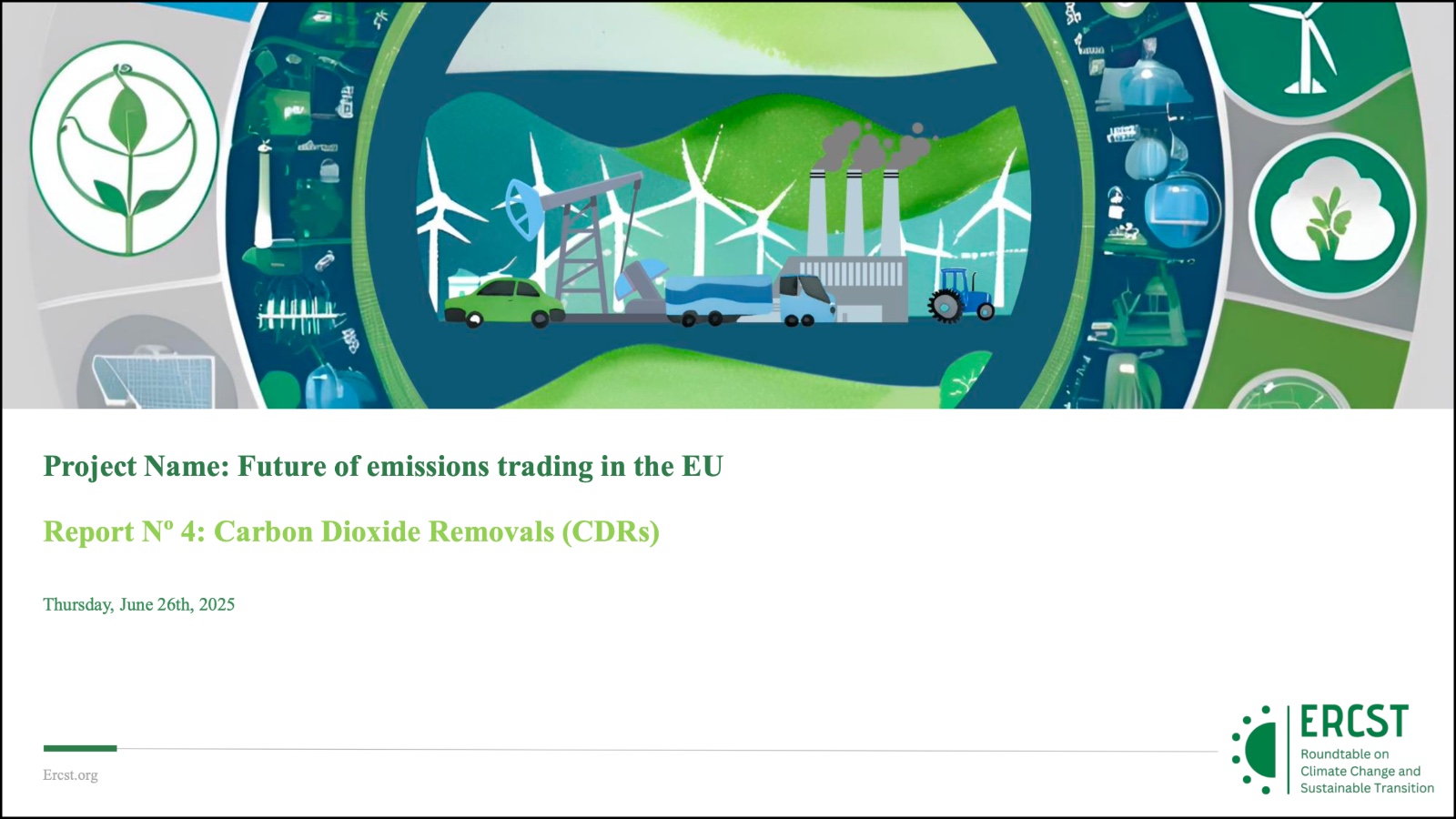
- This event has passed.
Designing Carbon Contracts for Difference
April 28 @ 10:00 - 12:00
This workstream aims to bring together stakeholders, including policymakers and industry on a regular basis to discuss substantive issues around this topic, informed by original intellectual input from ERCST.
CCfDs are discussed as one of the most promising alternatives to foster the deployment of low-carbon industrial technologies. However, it is still uncertain how CCfDs can be part of the policy mix towards decarbonization.
This meeting started with a presentation by ERCST of the results of a survey carried out among relevant stakeholders aimed to:
- Feel stakeholders’ pulse with regards to CCfDs’ rationale and purpose.
- Provide further guidance on CCfDs’ key design and implementation features.
ERCST’s presentation also provided an overview of the vision outlined by several member states, with particular emphasis on Germany, France and the UK.
This was followed by a panel discussion geared towards assessing and commenting on the survey’s results.
Agenda ERCST Slides EC Slides Carbon Engineering Slides Agora Slides

